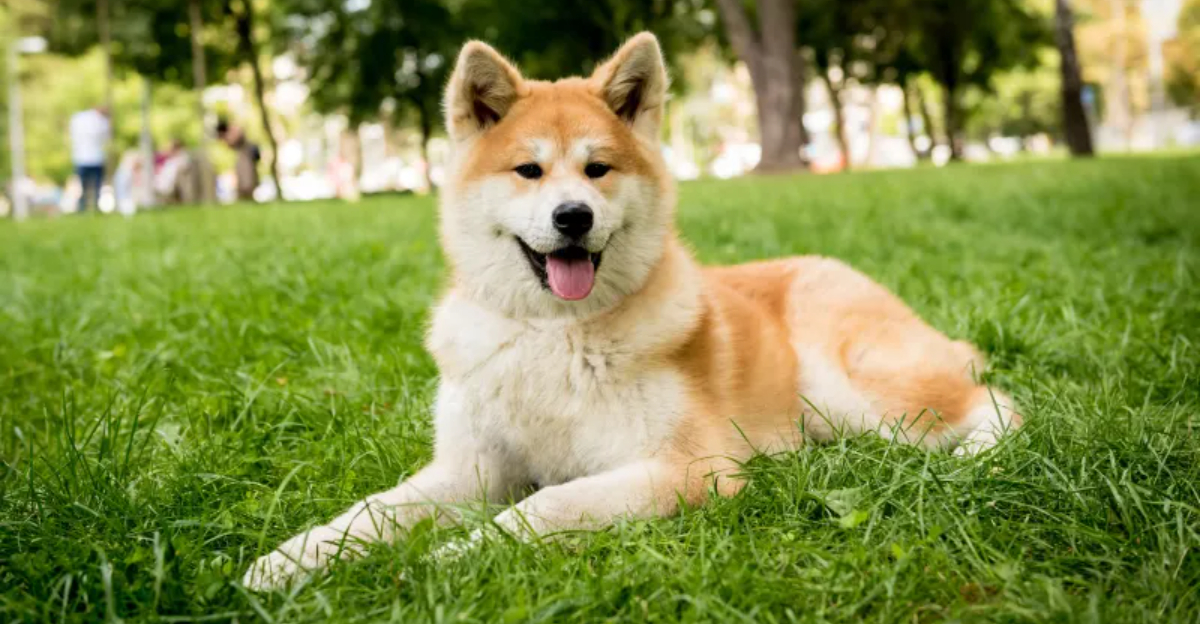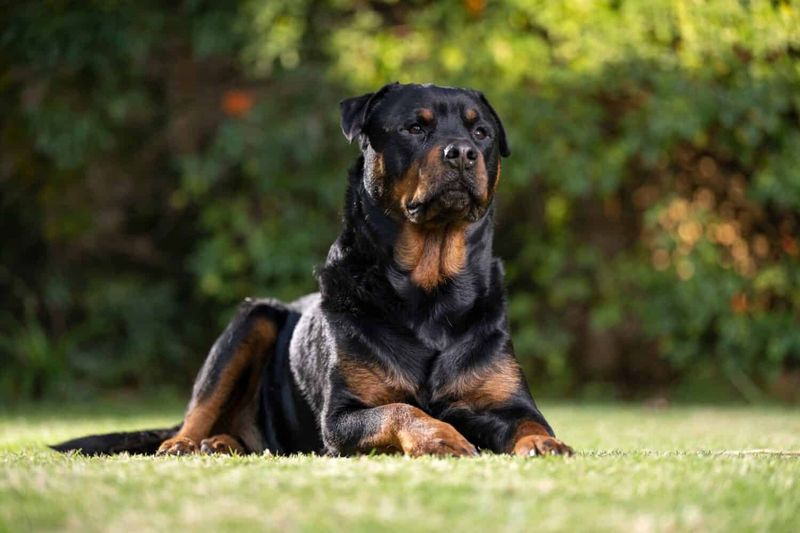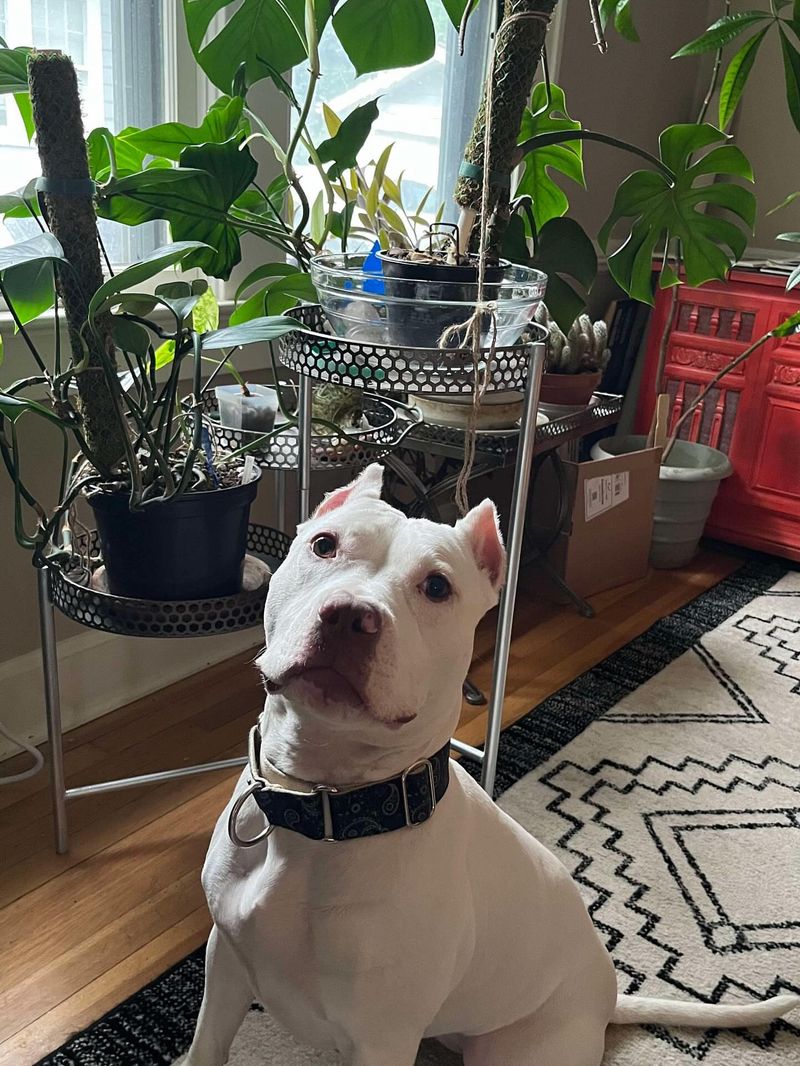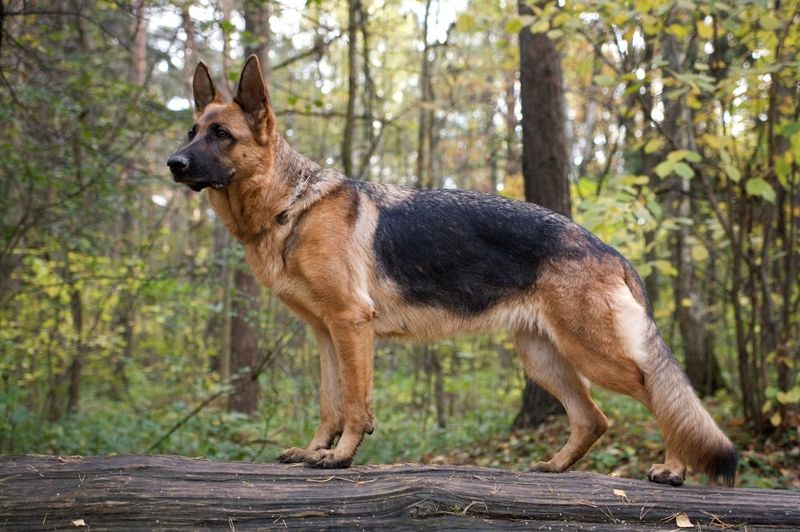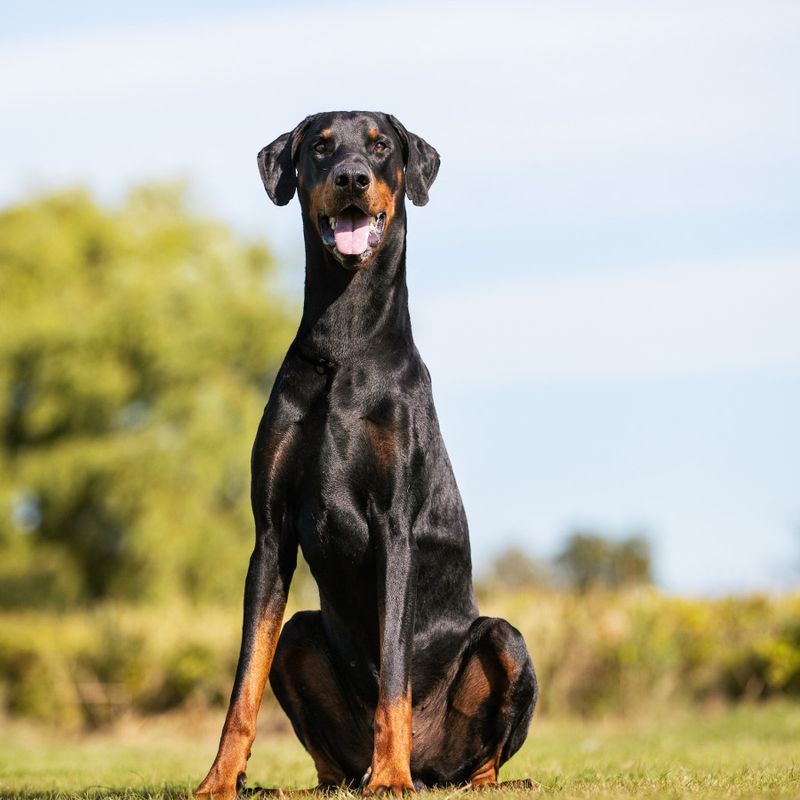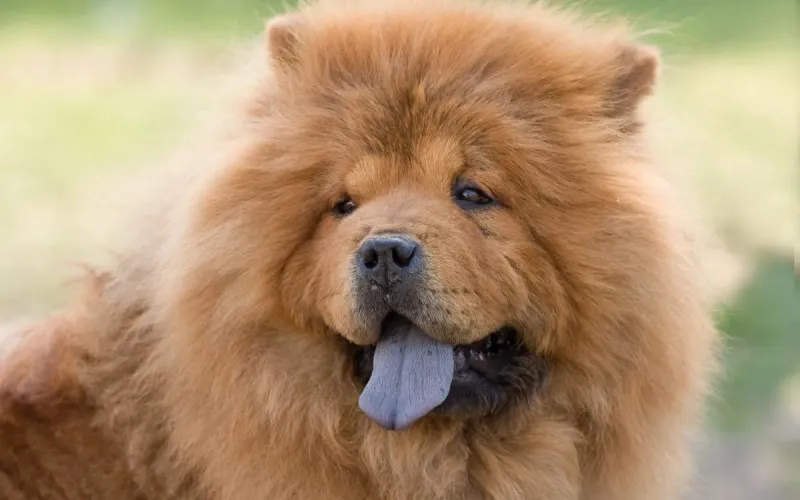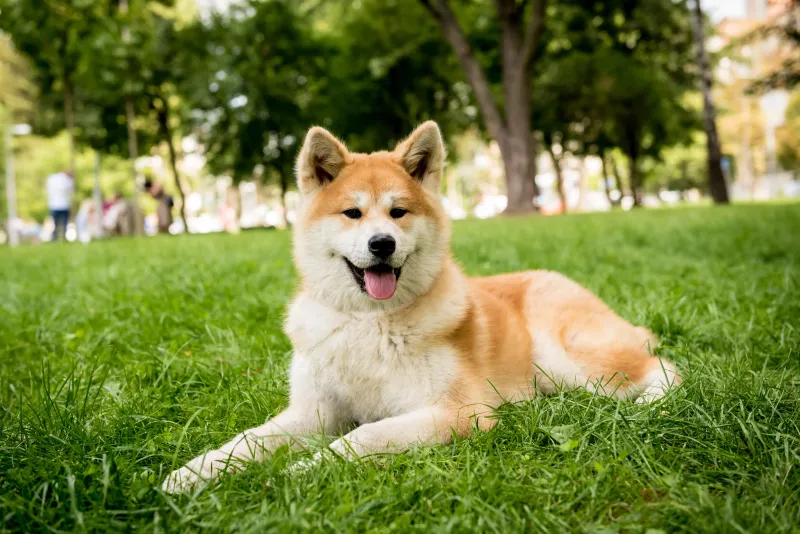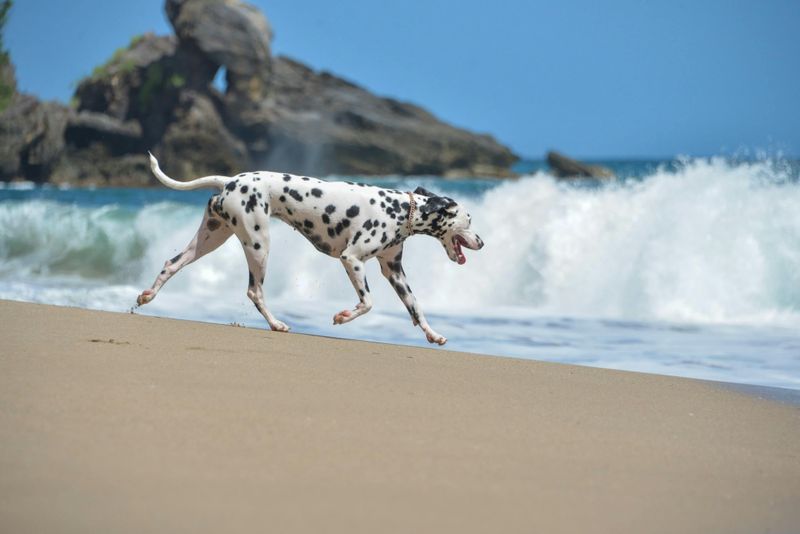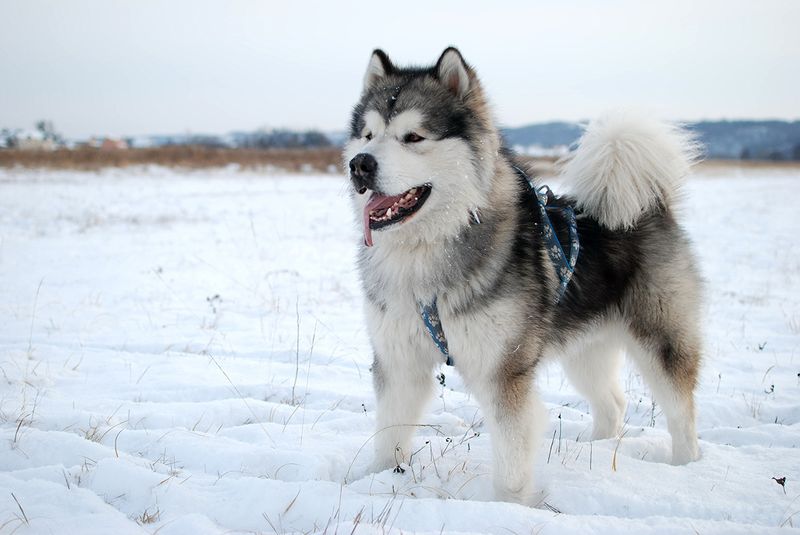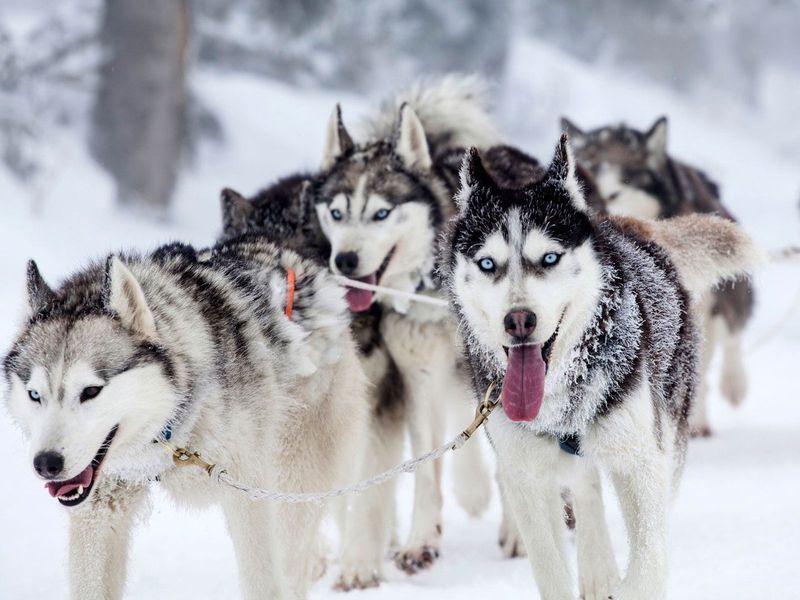While dogs are often considered man’s best friend, some breeds have a reputation for aggression. This doesn’t mean every dog of these breeds will be aggressive, but potential owners must be aware of these tendencies. Proper training and socialization can mitigate behavioral issues. Understanding these breeds can help you decide if they fit your lifestyle.
Rottweiler
Known for their strength and intelligence, Rottweilers have a protective nature. This makes them excellent guard dogs, but it can also lead to aggressive behavior if not properly trained. Early socialization is key to ensuring they develop a calm demeanor around strangers and other animals. Rottweilers are loyal to their families, which can sometimes manifest as territorial behavior. Owners must be committed to continuous training and providing a structured environment. Without it, these dogs may become assertive and challenging to manage, especially in situations they perceive as threatening to their loved ones.
Pit Bull Terrier
Pit Bulls are often misunderstood due to media portrayal. While they can be loving and playful, their strength and determination can lead to problems if mismanaged. Socialization and training from a young age are crucial to curb potential aggression. These dogs thrive in environments where they feel secure and part of the family. A well-trained Pit Bull can be gentle and protective, but without guidance, their tenacity may become problematic. Owners should be aware of their state laws, as some regions have restrictions on owning Pit Bulls due to reported attacks.
German Shepherd
Highly intelligent and versatile, German Shepherds are often employed in police and military roles. Their loyalty and bravery make them formidable, but they require experienced handling. Proper training can harness their protective instincts positively. However, without firm guidance, they might exhibit overprotectiveness, leading to biting incidents. Socialization helps them remain calm in diverse situations. While they bond closely with families, they may view strangers with suspicion. Potential owners should be prepared for consistent training to avoid behavioral issues associated with their natural guarding traits.
Doberman Pinscher
With their sleek appearance and high intelligence, Dobermans are often seen as intimidating. They are extremely loyal and can be protective, sometimes to a fault. Their energy and intelligence require plenty of exercise and mental stimulation. Without proper outlets, Dobermans might become destructive or aggressive out of boredom. Consistent training helps them channel their instincts appropriately. They need an owner who can provide leadership and structure, ensuring they feel secure. When well-trained, they are excellent companions, both protective and affectionate towards their families.
Chow Chow
Chow Chows are known for their lion-like appearance and aloof demeanor. Their independent nature means they often don’t seek attention, and they can be wary of strangers. Early socialization is crucial to prevent aggression. Chows need a confident owner who can establish rules without being harsh. Their protective instincts can lead to territorial behavior if not managed. While they may not be overly affectionate, they form strong bonds with their families. Understanding their unique temperament is key to a harmonious relationship, making training and socialization non-negotiable.
Akita
Originating from Japan, Akitas are known for their courage and loyalty. Their strong protective instincts make them excellent guard dogs, but also require careful handling. Socialization from a young age is essential to ensure they remain well-mannered and balanced. Akitas can be reserved with strangers, preferring the company of their family. Owners should be aware of their strong prey drive, which can be challenging around smaller animals. With firm guidance and consistent training, Akitas are faithful companions, ready to protect their loved ones at a moment’s notice.
Dalmatian
Famous for their distinctive spots, Dalmatians are energetic and fun-loving. However, their high energy levels require plenty of exercise to prevent behavioral problems. Without proper outlets, they can become restless and sometimes aggressive. Training and socialization help channel their exuberance positively. Dalmatians crave companionship and can become anxious when left alone too long. They need an environment where they feel part of the family. While they are generally good with people, their enthusiasm can overwhelm young children or smaller pets if not managed well.
Alaskan Malamute
Bred for endurance, Alaskan Malamutes are strong and independent. Their pack mentality means they thrive in environments with clear leadership. Without it, they may attempt to assert dominance, leading to aggressive behavior. Socialization and training are vital to ensure they integrate well with other animals and people. Malamutes have a strong prey drive, which can be problematic around smaller pets. They require plenty of physical and mental stimulation to prevent boredom-induced aggression. When handled with care, they are affectionate and loyal, bringing joy to their families.
Siberian Husky
Siberian Huskies are known for their striking appearance and boundless energy. Their independent nature can sometimes be mistaken for stubbornness. Huskies require an experienced owner who can provide consistent training and ample exercise. Without this, they might become destructive or challenge authority. Socialization is crucial to ensure they are well-adjusted around various people and environments. While they are generally friendly, their strong prey drive can make them unpredictable around smaller animals. Proper handling helps them become cherished companions, balancing their wild spirit with family life.
